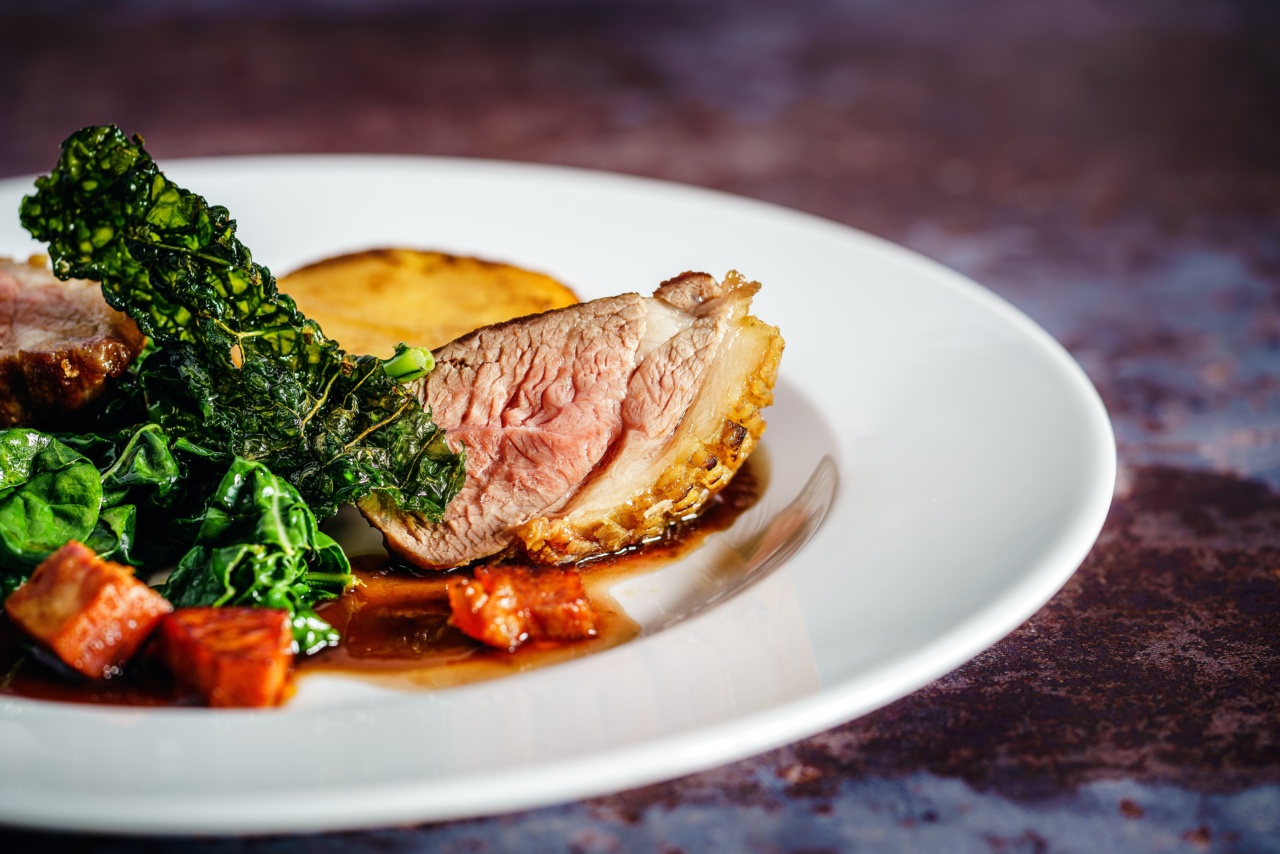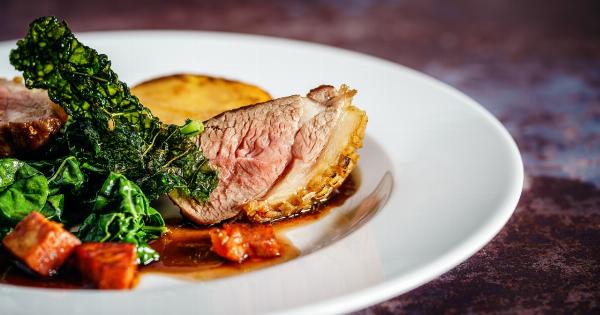The consumption of red meat is a common practice in many cultures around the world. However, research has shown that there is a link between red meat consumption and an increased risk of breast cancer in women.
Several studies have been conducted to investigate this link, and this article explores the findings of these studies.
What is Red Meat?
Red meat refers to any meat that comes from mammalian animals, such as beef, pork, lamb, and goat. Meat from other animals, such as fish and poultry, is not considered red meat.
How does Red Meat Contribute to Breast Cancer Risk?
There are several ways in which red meat can contribute to an increased risk of breast cancer. Firstly, red meat contains high levels of animal protein, which can increase levels of insulin-like growth factor-1 (IGF-1) in the body.
IGF-1 promotes cell growth, which can increase the risk of cancer development.
Secondly, cooking red meat at high temperatures, such as grilling and frying, produces compounds called heterocyclic amines (HCAs) and polycyclic aromatic hydrocarbons (PAHs).
These compounds have been found to be carcinogenic and have been linked to an increased risk of breast cancer.
Studies on Red Meat and Breast Cancer Risk
A number of studies have been conducted to investigate the link between red meat consumption and breast cancer risk.
In a large-scale study carried out by the Harvard School of Public Health, researchers followed 88,803 premenopausal women and 98,595 postmenopausal women for 20 years. The study found that women who consumed the highest amounts of red meat had a 22% higher risk of breast cancer than those who consumed the lowest amounts.
Another study, conducted by researchers from the National Cancer Institute, found that women who ate the most red meat over a 10-year period had a 33% higher risk of developing breast cancer than those who ate the least.
The study involved over 42,000 women, and the link between red meat consumption and breast cancer risk was found to be strongest for women who consumed both red meat and alcohol.
Alternatives to Red Meat
If you are concerned about the link between red meat and breast cancer risk, you may wish to consider reducing your consumption of red meat or replacing it with other protein sources. There are many alternatives to red meat, including:.
- Poultry
- Fish
- Beans and legumes
- Nuts and seeds
- Tofu and other soy-based products
Conclusion
The link between red meat consumption and breast cancer risk is a concern for many women.
While further research is needed to fully understand this link, studies have shown that reducing red meat consumption or replacing it with other protein sources may be beneficial for breast cancer prevention. If you are concerned about your breast cancer risk, it is always advisable to speak to your doctor or a dietitian.

























